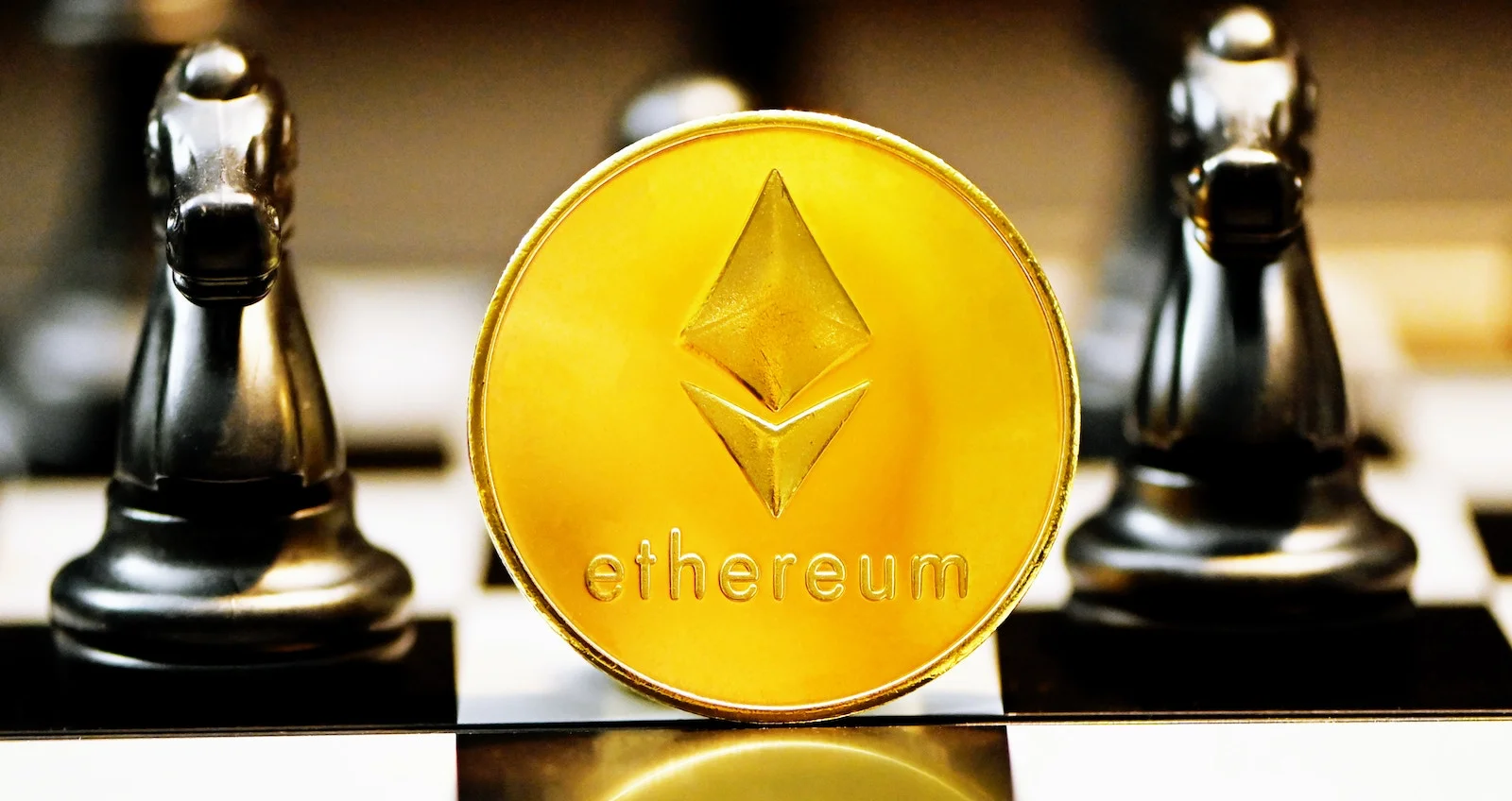Ether (ETH) is the native cryptocurrency of the Ethereum blockchain. But, what is Ether exactly, and why is it so significant in the world of blockchain and cryptocurrencies?
In this comprehensive guide, we’ll delve into the details of Ether, its purpose, and its role in the Ethereum ecosystem.
What is Ether – Definition
Ether, often denoted as ETH, is the fuel that powers the Ethereum network. It’s a digital asset that serves as a medium of exchange, a store of value, and a unit of account. In simpler terms, Ether is the currency used to pay for transactions and computational services within the Ethereum network.
Ethereum is a decentralized platform that enables developers to create and deploy smart contracts and decentralized applications (DApps). Smart contracts are self-executing contracts with the terms of the agreement directly written into code.

How Does Ether Work?
On the Ethereum platform, Ether is used to facilitate transactions and incentivize validators to maintain the network’s security. Validators validate transactions and bundle them into blocks, which are added to the blockchain. In return for their work, they are rewarded with new Ether tokens.
The Ethereum network also employs a unique mechanism called gas to manage resource allocation. Gas is the unit used to measure the computational power required to execute a specific operation, such as a transaction or a smart contract. Users pay for gas in Ether, which acts as an incentive for validators to include their transactions in the next block.
In addition to serving as a means of payment for gas, Ether is also used for other purposes within the Ethereum ecosystem. Developers can use Ether to create and deploy new tokens, which are often referred to as ERC-20 tokens. These tokens can represent a wide range of assets, such as digital currencies, utility tokens, and even non-fungible tokens (NFTs).
The Role of Ether in Decentralized Finance (DeFi)
Decentralized Finance, or DeFi, is an emerging financial ecosystem built on top of blockchain platforms like Ethereum. DeFi aims to create a more open, transparent, and accessible financial system by leveraging the power of decentralized networks.
Ether plays a crucial role in the DeFi ecosystem, as many DeFi platforms are built on the Ethereum network. Users can lend, borrow, or trade various cryptocurrencies, including Ether, on these platforms. Moreover, Ether can be staked or locked in DeFi protocols to earn interest or generate passive income.
Some of the most popular DeFi applications include decentralized exchanges (DEXs), lending platforms, and stablecoins. DEXs, such as Uniswap, allow users to trade cryptocurrencies without relying on a centralized intermediary, while lending platforms like Aave and Compound enable users to earn interest on their digital assets. Stablecoins, on the other hand, are digital currencies pegged to a stable asset, such as the US dollar, to reduce price volatility.
Ether as an Investment
Ether’s role as the native currency of the Ethereum platform has also made it an attractive investment option for many. As the Ethereum network continues to grow and gain traction, the demand for Ether is expected to increase, potentially leading to price appreciation. However, like any investment, investing in Ether carries its risks and should be approached with caution and due diligence.
Cryptocurrency markets are notoriously volatile, and the value of Ether can fluctuate dramatically in a short period. Investors should be prepared for the possibility of sudden market swings and should only invest what they can afford to lose.
That being said, Ether has shown significant growth since its inception in 2015. Ether has experienced substantial price increases and has become the second-largest cryptocurrency by market capitalization, trailing only Bitcoin. This growth can be attributed to the increasing adoption of the Ethereum network, as well as the rise of DeFi and NFTs.
For those interested in investing in Ether, several options are available. Investors can purchase Ether directly through cryptocurrency exchanges, such as Coinbase, Binance, or Kraken. Alternatively, they can gain exposure to Ether through financial products like exchange-traded funds (ETFs) or digital asset investment platforms.
It’s worth noting that, as with any investment, diversification is crucial. Investors should consider spreading their investments across a range of assets, including cryptocurrencies, to minimize risk.
The Future of Ether: Ethereum 2.0
One of the most notable changes in Ethereum is the transition from a Proof of Work (PoW) consensus mechanism to a Proof of Stake (PoS) model. This change impacts Ether’s role within the network, as staking replaced mining as the method for securing the network and earning rewards.
Under the new PoS model, validators lock up a certain amount of Ether as collateral to propose and validate new blocks. This shift reduced the network’s energy consumption and made it more environmentally friendly. Additionally, Ethereum 2.0 aims to improve the network’s scalability through the introduction of shard chains, which are smaller chains that run parallel to the main Ethereum chain.
Conclusion: Understanding the Value of Ether
So, what is Ether? It’s the lifeblood of the Ethereum ecosystem, driving transactions and powering decentralized applications. It is the native cryptocurrency of the Ethereum network.
From its use as a medium of exchange and store of value to its critical role in DeFi, Ether has established itself as a key player in the world of digital assets. As the Ethereum network continues to innovate and push the boundaries of what’s possible with blockchain technology, the future of Ether remains full of promise and potential.
Whether you’re a developer looking to build on the Ethereum platform, an investor seeking exposure to digital assets, or simply curious about the world of cryptocurrencies, understanding the fundamentals of Ether is an essential starting point. With this comprehensive guide, you now have a solid foundation to explore the fascinating world of Ether and the Ethereum ecosystem.